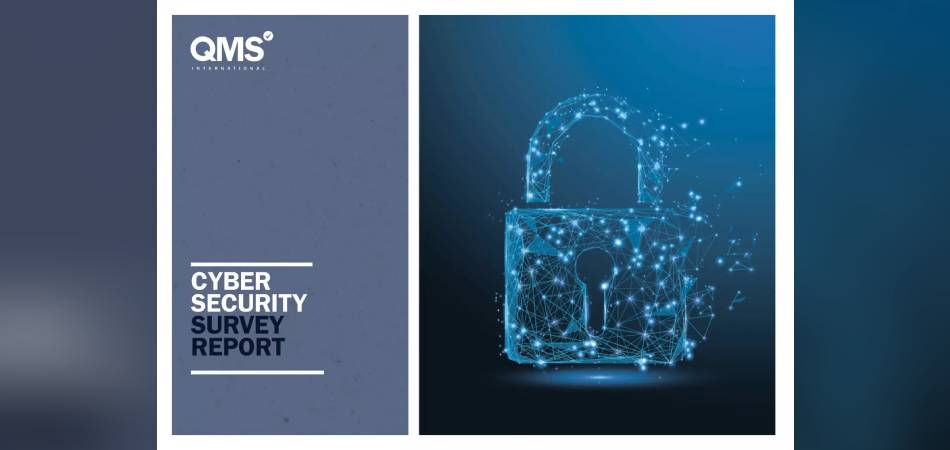After a full year of working from home, business cyber security is more important than ever. The number of cyber attacks has risen dramatically in the last few years – 2020 in particular – as scammers have capitalised on the uncertainty and vulnerability of home workers.
As the digital transformation of business and industry has progressed, more and more businesses have found themselves becoming the target of opportunistic cyber criminals, causing widespread disruption, financial loss and reputational damage. While larger businesses certainly offer criminals greater financial gain, small-to-medium-sized enterprises are far from being safe from opportunists.
The outbreak of COVID-19 and the rapid and unprecedented shift to mass remote working has triggered an even greater spate of cyber threats, with many hacking and phishing scams being redirected to focus on the uncertain and vulnerable home workers.
In a report produced by QMS, it was found out that a large percentage of SMEs have been proactive in creating information security policies and implementing controls, which has served them well as the reliance on digital information solutions has skyrocketed. The report covers areas which have shown to be overlooked by business owners, such as Risk Assessment, Data Storage and Cyber Insurance. It also offers advice for small to medium sized businesses to help them check and increase their security.
Some highlights from the report include:
- Only 38.6% of SMEs replied ‘Yes’ to having any type of cyber insurance.
- Only 34.3% of SMEs said they would be very confident in quickly identifying and securing a cyber security breach.
- 53% of SMEs recognised data security as a higher priority in 2020.
- 65.7% of survey participants reported that they have a password policy in place.
- 37.1% of survey participants didn’t know whether their business has cyber insurance or not.
To read the full report, visit https://www.qmsuk.com/cyber-security-report
[by Abigail King]

